February 01, 2022
Last January 27, 2021, I gave birth to a beautiful little princess named Vehn Aurea via cesarean section, weighing 2.58kg.
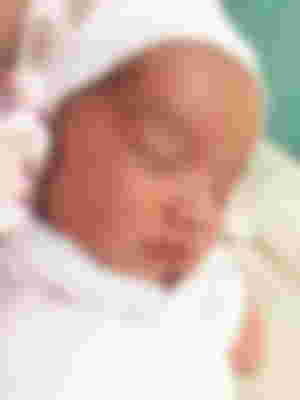
She is a miracle baby because before I got pregnant with her I undergo medication for how many years for my PCOS or Polycystic Ovarian Syndrome.
For all who don't know what is PCOS or Polycystic Ovarian Syndrome, what are the symptoms and how it was being treated here's the explanation;
Polycystic Ovarian Syndrome
Polycystic ovary syndrome (PCOS) is a condition in which the ovaries produce an abnormal amount of androgens, male sex hormones that are usually present in women in small amounts. The name polycystic ovary syndrome describes the numerous small cysts (fluid-filled sacs) that form in the ovaries.
Symptoms of PCOS
Menstrual problems
A person who has PCOS or Polycystic Ovarian Syndrome will suffer from irregular menstruation and some of those who have PCOS suffer from painful irregular menstruation.
Extra weight
Because of the hormonal imbalance, a person with PCOS will suffer from extra weight gain. High insulin levels increase the production of male hormones called androgens. High androgen levels lead to symptoms such as body hair growth, acne, irregular periods, and weight gain.
Women with PCOS are more likely to develop many of the problems associated with weight gain and insulin resistance, including:
•Type 2 diabetes
•High cholesterol
•High blood pressure
•Sleep apnea
•Infertility
•Endometrial cancer
Excessive hair growth
Sometimes PCOS causes unwanted hair growth in your body.
Fertility problems
PCOS also causes fertility problems that's why some of those who have PCOS struggle to get pregnant.
High levels of androgens interfere with the development of your eggs and the regular release of your eggs. This process is called ovulation.
If a healthy egg isn’t released, it can’t be fertilized by sperm, meaning you can’t get pregnant. PCOS can cause you to miss your menstrual period or have irregular periods. This can be one of the first signs that you may have a problem such as PCOS.
How is PCOS diagnosed?
Your health care provider will ask about your medical history and your symptoms. You will also have a physical exam. This will likely include a pelvic exam. This exam checks the health of your reproductive organs, both inside and outside your body.
Some of the symptoms of PCOS are like those caused by other health problems. Because of this, you may also have tests such as:
Ultrasound. This test uses sound waves and a computer to create images of blood vessels, tissues, and organs. This test is used to look at the size of the ovaries and see if they have cysts. The test can also look at the thickness of the lining of the uterus (endometrium).
Blood tests. These look for high levels of androgens and other hormones. Your health care provider may also check your blood glucose levels. And you may have your cholesterol and triglyceride levels checked.
How is PCOS treated?
Treatment for PCOS depends on several factors. These may include your age, how severe your symptoms are, and your overall health. The type of treatment may also depend on whether you want to become pregnant in the future.
If you do plan to become pregnant, your treatment may include:
A change in diet and activity. A healthy diet and more physical activity can help you lose weight and reduce your symptoms. They can also help your body use insulin more efficiently, lower blood glucose levels, and may help you ovulate.
Medications to cause ovulation. Medications can help the ovaries to release eggs normally. These medications also have certain risks. They can increase the chance of multiple births (twins or more). And they can cause ovarian hyperstimulation. This is when the ovaries release too many hormones. It can cause symptoms such as abdominal bloating and pelvic pain.
If you do not plan to become pregnant, your treatment may include:
Birth control pills. These help to control menstrual cycles, lower androgen levels and reduce acne.
Diabetes medication. This is often used to lower insulin resistance in PCOS. It may also help reduce androgen levels, slow hair growth, and help you ovulate more regularly.
A change in diet and activity. A healthy diet and more physical activity can help you lose weight and reduce your symptoms. They can also help your body use insulin more efficiently, lower blood glucose levels, and may help you ovulate.
Medications to treat other symptoms. Some medications can help reduce hair growth or acne.
Living with PCOS is not easy due to fact that this syndrome affects any aspect of your life and it takes time to be treated with. That's why I'm so happy that I am so brave to face it and dare to ask for help from the specialists. I thank our Lord Jesus Christ that he heard my prayers and grant my petition to have another baby, the wait and sacrifices are so worth it because he gave me this beautiful and lovely baby girl;














The Supportive and Loving Mommyla and Daddylo (My Second Parents)





The Supportive Lola and Lolo (My biological parents)


Quote of the Day!
"Even a happy life cannot be without a measure of darkness, and the word happy would lose its meaning if it were not balanced by sadness. It is far better to take things as they come along with patience and equanimity. " - Carl Jung
Thank you for reading!!
Sources:
https://www.webmd.com/women/treatment-pcos

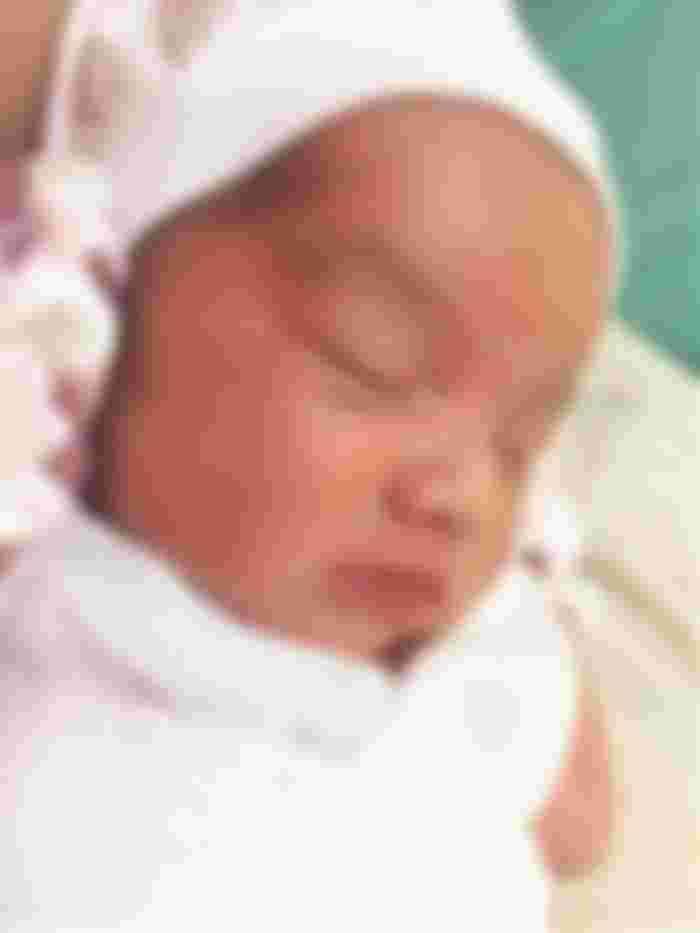

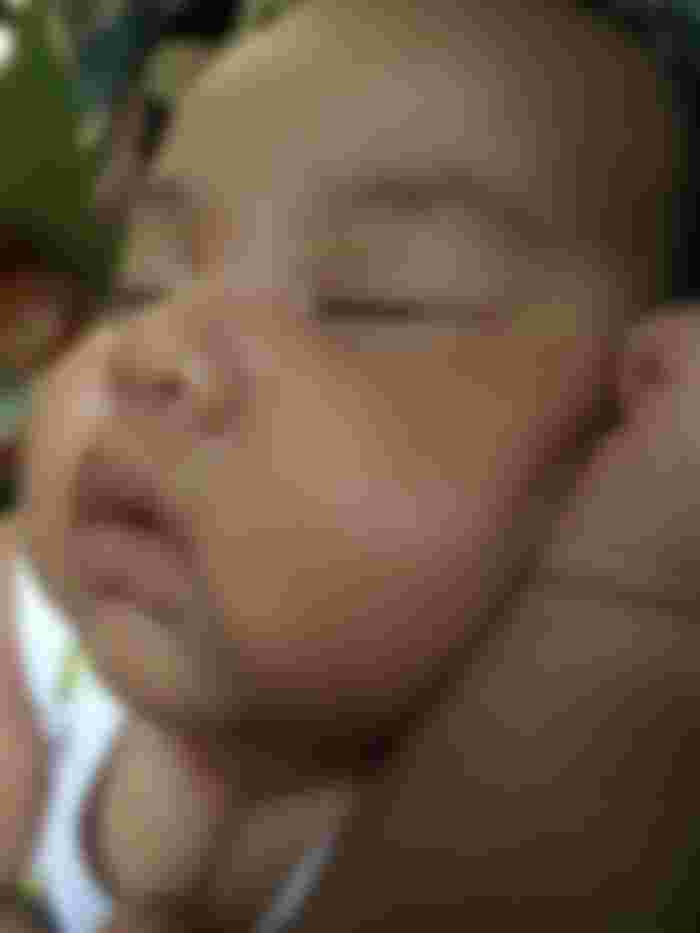



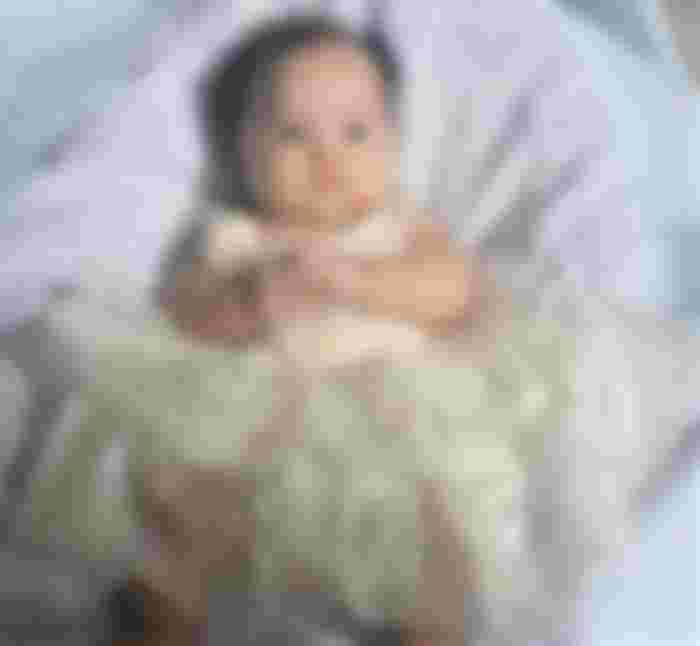
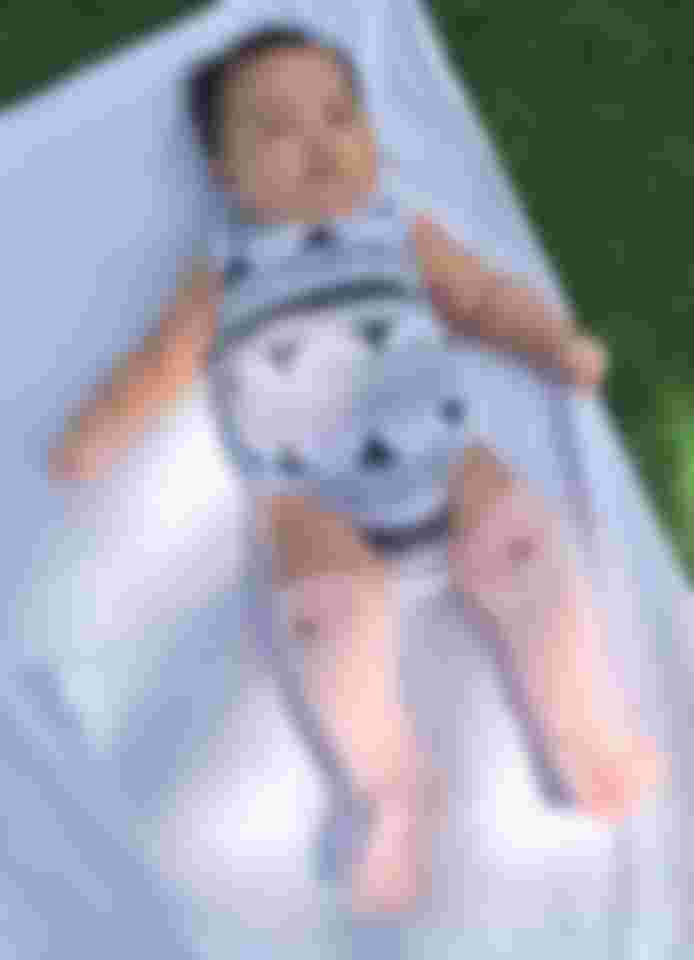

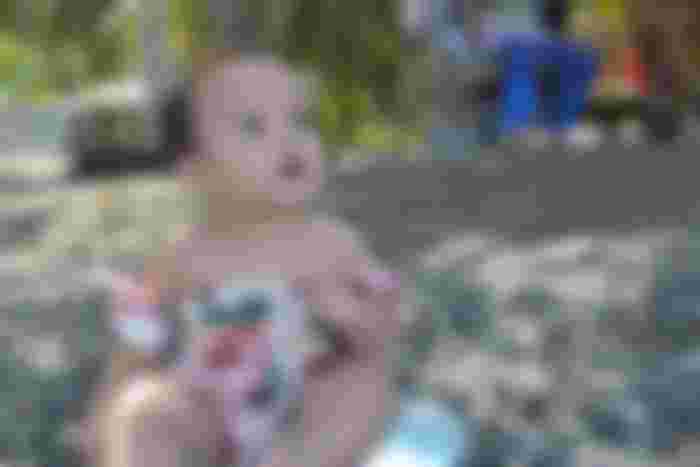













Awieeee happy birthday little bebegorl!!!! Super blessed naman si bebe.